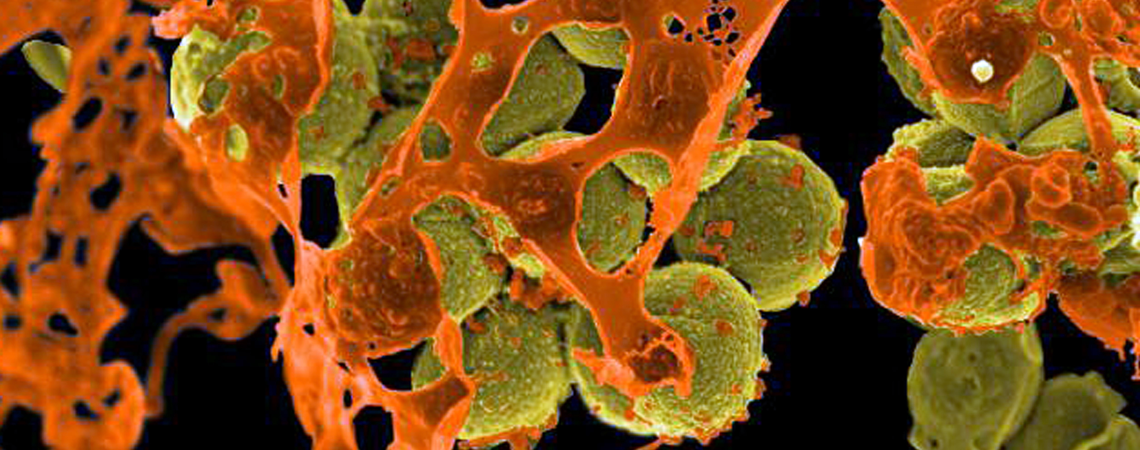by Charles Liu
The NanfangToday, 10:43 AM

The foundation of modern medicine may be undone with the appearance of a new gene that makes bacteria highly-resistant to last-resort class of antibiotics, threatening a rollback to the Dark Ages and undoing centuries of medical advances.
That’s what a scientists are suggesting after discovering a new gene called mcr-1 that allows bacteria to become resistant to a class of antibiotics known as polymoxins, which are used to fight superbugs. The mcr-1 gene was discovered in pigs and humans in China, and is common in deadly like E.Coli and K. Pneumoniae. If activated, it can effectively make the bacteria impossible to kill.
But what’s worrying scientists most of all is that the gene has the ability to easily pass from one strain to another, thereby turning any of these usually minor threats into “epidemic potential”.
The study, led by Hua Liu from the South China Agricultural University and published in the Lancet Infectious Diseases journal, said that “the progression from extensive drug resistance to pandrug resistance is inevitable,” and that “although currently confined to China, mcr-1 is likely to emulate other resistance genes … and spread worldwide.”
“These are extremely worryingly results,” said Liu, who called for immediate action to be taken.
“All use of polymyxins must be minimised as soon as possible and all unnecessary use stopped,” said Laura Piddock, a professor of microbiology at Britain’s Birmingham University.
However, China is one of the world’s largest users and producers of colistin — a variant of polymyxin — for agriculture and veterinary use.
For the study, researchers collected bacteria samples from slaughtered pigs across four Chinese provinces, and from pork and chicken samples sold in 30 open markets and 27 supermarkets in Guangzhou between 2011 and 2014. They also analysed bacteria from patients with infections at two hospitals in Guangdong and Zhejiang.
The mcr-1 gene was found in more than 20 percent of bacteria in the animal samples, and 15 percent of the raw meat samples. It was also found in 16 of the 1,322 specimens taken from hospitals.
The lower infection rate among humans almost certainly means that the resistant bacteria passed from animals to humans, the study found.
The post Antibiotic-Invincible “Superbug” Found in China has Scientists Worriedappeared first on The Nanfang.
https://thenanfang.com/antibacterial-resistant-superbug-found-in-china/